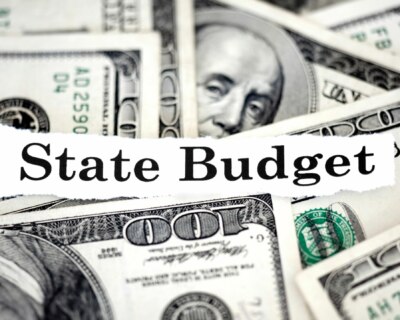Concealed Taxes Without A Popular Vote
Introducing tax increment financing to Louisiana
BATON ROUGE, La. – Lafayette may soon have a new public financing method to attract outside investment, but the merits of this initiative remain hotly disputed.
HB 531, which passed unanimously in the House on May 12th, would create the Lafayette Parish Redevelopment Authority. The LPRA would then approve local government allocation of future property, sales, and other taxes to pay for debt-funded development of “blighted” or “distressed” areas.
The Tax Increment Financing method for government expenditure, usually applied to distressed areas, uses future revenue from the TIF district as collateral for debts. These fund current improvements to roads, sewers, and buildings.
Proponents claim that this will nurture business development, and that increased property values and economic activity will bring greater tax revenue to more than pay back the debts accrued.
For example, proponents of TIFs state that if a plot of land valued at $10 million before the development is worth $50 million afterwards, then the $40 million increase in taxable value can be used to pay off the municipal bonds that financed the development.
The company that benefits from the TIF development funding has its taxes prioritized for seven to 35 years, with all tax revenue first going towards paying off the targeted municipal bonds.
In short, the city is trading future tax income for present benefits, in the hope that economic activity will continue to increase in the future.
 According to Jeremiah Supple, leader of Lafayette Tea Party, TIF violates the “home rule charter.” The city’s charter requires a vote of the people before raised taxes, but this policy appears to shift the power of determining local taxes to politicians rather than voters.
According to Jeremiah Supple, leader of Lafayette Tea Party, TIF violates the “home rule charter.” The city’s charter requires a vote of the people before raised taxes, but this policy appears to shift the power of determining local taxes to politicians rather than voters.
Supple claims that TIFs can be useful under special circumstances. However, his concern is with the lack of constituent oversight and approval.
“How do you prevent abuse by political insiders at the expense of existing property owners and the community?”
Last month, Cato Institute’s Randal O’Toole released a scathing review of the TIF process. His report claims that developments subsidized by TIF would have happened anyway in the same urban area, though not necessarily the same location.
New developments impose costs on schools, fire departments, and other urban services, but the taxes are siphoned off to pay back the debt. That means other taxpayers must now pay more to cover those costs or accept a lower level of services.
O’Toole claims that states usually give cities enormous discretion in regards to how TIF funds are spent, opening the door for a new breed of crony capitalism where a politician grant subsidies to developers, who in turn donate to his campaign fund.
In response to a public outcry, Lafayette councilmen William Theriot and Jared Bellard have introduced a “no-tax ordinance,” which would make it Council policy to not consider or place upon its agenda any such matter that would increase taxes without a public vote. Thus it would block the TIF proposal.
Robert Ross is a researcher and social media strategist with the Pelican Institute for Public Policy. He can be contacted at rross@pelicanpolicy.org, and you can follow him on twitter.
.
.





